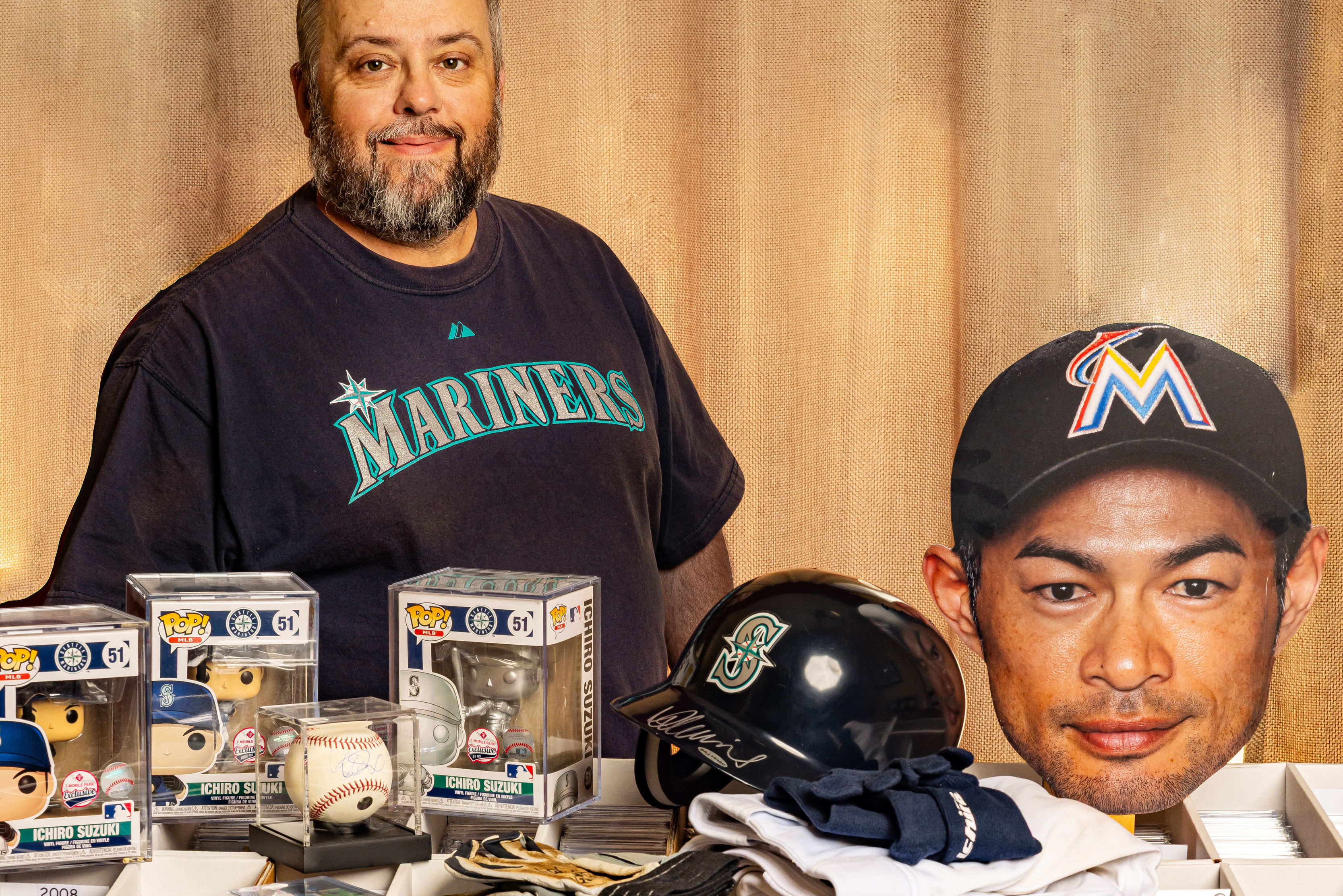Questions We'd Like To Hear at Tonight's Final TV Debate
KCTS host Enrique Cerna and KUOW reporter Deborah Wang are moderating the final TV debate between Mayor Mike McGinn and his challenger, state Sen. Ed Murray, tonight. It's on KCTS 9 at 7 pm.
In a special edition of our "One Question" feature, here are some hardballs we'd like to see them ask the mayoral candidates tonight.

1. Question for McGinn: You continue to take credit for the Community Police Commission, the community component of the U.S. Department of Justice agreement for oversight of the Seattle Police Department.
However, during negotiations last year, in a critical letter, the DOJ accused the city of ignoring the community aspect of any future deal, which the DOJ had specifically outlined in its original recommendations. Community folks from the ACLU to Seattle's Human Rights Commission lambasted your office at the time for leaving that out.

How can you say you pushed that when, in fact, it was on the DOJ's agenda all along? (McGinn often points out that he didn't think the consent decree was the appropriate place to deal with the community oversight issue, but rather wanted it in a separate memorandum of understanding. However, in the end, the community engagement issue is spelled out clearly, on pages two and three, in the consent decree.)
And by the way: Taking credit for coming up with a plan to reform a police force that got so off the rails during your term that the feds had to show up, puts you in contention for a dubious achievement award. It's kind of like wanting credit for taking your partner out for a birthday dinner after you initially forgot it was their birthday a month earlier.
UPDATE: It looks like the U.S. Attorney Jenny Durkan has answered this question for McGinn.
About a half hour after we posted this question, the Seattle Times had the news that Durkan sent a letter to the CPC, citing the same DOJ documents we linked above, addressing this very issue and stating emphatically that the DOJ was calling for CPC-style reforms all along.
In a letter she sent yeserday, Durkan writes:
… on March 30, 2012, the DOJ sent the City its first comprehensive settlement proposal, which included remedial measures for the SPD’s Use of Force, Biased-Free policing and Terry stop practices, as well as section son Community Engagement, Outreach and Problem-Solving. The City’s initial response in May 2012 was so limited in scope that it nearly derailed the settlement process and prolonged negotiations. As we stated then in response to the city’s proposal: “We are particularly troubled and surprised that the City has not included any measures to respond to the issues of discriminatory policing, community engagement, or the City’s accountability system.” Each element was critical, and, throughout the process, we never deviated from the need to have a fully comprehensive, court-ordered and monitored agreement.
As the parties continued to negotiate in June and July 2012, the DOJ built on its initial proposals regarding community engagement by formally proposing a community-based entity—that we called the “Community Monitoring Board”—with a significant role in the reform process, somewhat modeled on similar successful endeavors in other cities. This group was envisioned as the public’s representatives working directly with the Monitor and the parties on reform efforts. During the course of negotiations, the concept was further developed and improved and, ultimately, became the CPC.
Question for Murray: What the hell is your vision for Seattle and what specifically do you want to get done at city hall? Name one piece of legislation you're intent on passing.
2. Question for Murray: We have been covering this race for 10 months now, and we still have no idea, so please enlighten us: What the hell is your vision for Seattle and what specifically do you want to get done at city hall—like, name three pieces of legislation you're intent on passing?

3. Question for McGinn: Although the proposed deal for a new arena in SoDo would include strict safeguards (safeguards developed by the council, by the way) to ensure that the investors would pay in the case of overruns, bankruptcy, or default, the city and county would ultimately be on the hook for overruns if those safeguards failed.
You've said consistently that you believe hedge-fund investor Chris Hansen when he says he'll be able to cover the city if there are any cost overruns. Why were you skeptical when the state said the city wouldn't have to pay for cost overruns on the tunnel, but seemingly credulous when a private investor promises he'll pay?
And does the fact that Hansen made a secret $80,000 contributions to the campaign against a new arena in Sacramento make you less likely to trust him?
4. Question for Murray: We have been covering this race for 10 months now, and we still have no idea, so please enlighten us: What the hell is your vision for Seattle and what specifically do you want to get done at city hall—like, name two pieces of legislation you're intent on passing?

5. Question for McGinn: Two of the biggest accomplishments that you've been hyping on the campaign trail, paid sick leave and doubling the families and education levy, were largely council initiatives.
Name an initiative—not families and ed or sick leave—that you have personally brought to council, and that they have passed, that have changed the city.
6. Question for Murray: We have been covering this race for 10 months now, and we still have no idea, so please enlighten us: What the hell is your vision for Seattle and what specifically do you want to get done at city hall—like, name one piece of legislation you're intent on passing?




